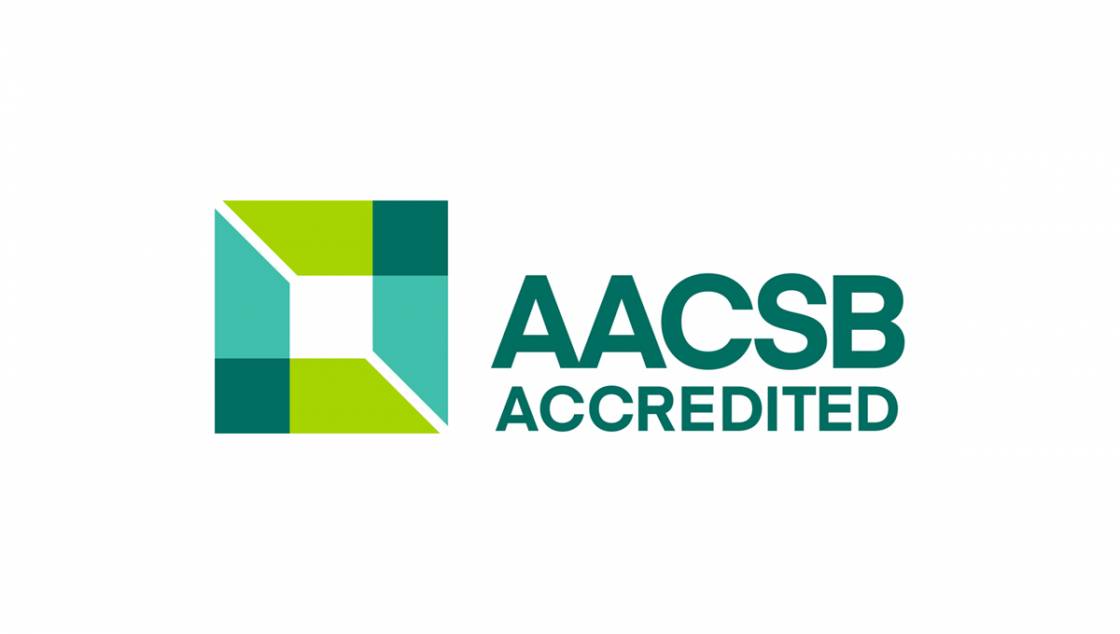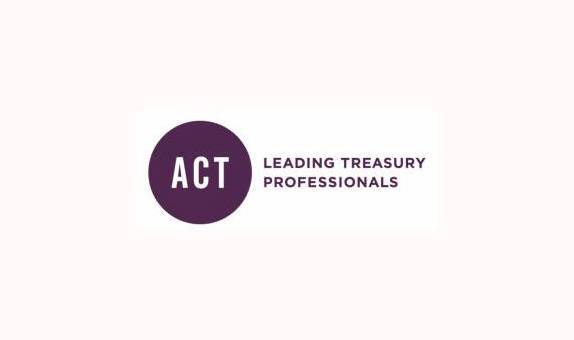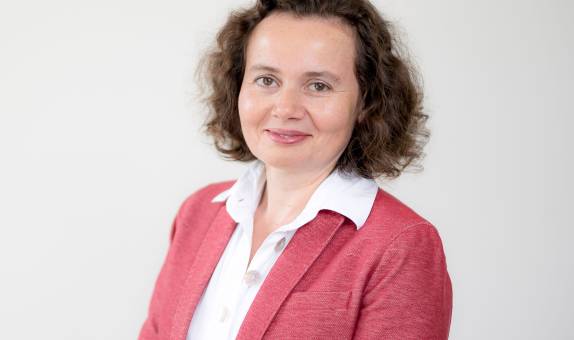Finance MSc
Why choose this course?
This course is ideal if you aspire to a career in financial and treasury management with a role to manage financial resources and control financial risks in a business.
You will gain an in-depth understanding of corporate finance and the analysis and valuation of companies from both an accounting and financial perspective.
This Finance MSc will give you well-integrated knowledge of management accounting and financial accounting, finance and investment; whilst developing your ability to relate these areas to the wider issues of management and corporate strategy. It produces graduates who are prepared for high-level jobs in the financial industries.
This course has been developed in consultation with professionals at RBS Capital Markets, Commerzbank AG, Standard Chartered Bank and NatWest Bank. As part of this course you may apply for Bloomberg certification, often a huge advantage in the job market.
| Mode | Duration | Attendance | Start date |
|---|---|---|---|
| Full time | 1 year | 1–4 days per week |
January 2025 September 2025 |
| Full time | 2 years including professional placement |
January 2025 September 2025 |
| Main Location | Kingston Hill |
Reasons to choose Kingston University
- Kingston Business School is one of only 5% of the world's business schools to be accredited by AACSB International.
- This course is taught by research active staff and provides cutting-edge knowledge regarding the latest developments in the finance sector.
- Access to a Bloomberg trading room, offering hands-on skills and the opportunity to apply for Bloomberg certification. You may also use other databases, such as Thomson DataStream Advance.
- Kingston is one of only a few UK universities to offer exemptions from professional exams of the Association of Corporate Treasurers (ACT). This programme offers exemptions for four of the five units required for the Certificate in Treasury qualification from the ACT.
- Free car parking at the Kingston Hill campus is available for students of this course. The campus can also be easily accessed by public transport. Halls accommodation is just a walk away from the classrooms.
About the Department of Accounting, Finance and Informatics
The Department of Accounting, Finance and Informatics delivers high quality degrees in accounting, banking, finance, investment, financial technology, risk management and real estate. Our courses are accredited by professional bodies including ACCA, CIMA, ACT, RICS and ICAEW.
We are located on the doorstep of London - one of the world's largest financial hubs - where our partnerships with global organisations give you access to meaningful opportunities. We are one of only a few UK universities to have a Bloomberg Trading Room.
Kingston Business School Accreditations
Kingston Business School holds the prestigious international accreditation by the AACSB (Association to Advance Collegiate Schools of Business) in recognition of the excellence of its business education. This accreditation has been earned by just 5% of the world's business schools and recognises the high quality and standard of our business degree offerings.
Accreditation
Association of Corporate Treasurers
This course is accredited by the Association of Corporate Treasurers (ACT).
Upon completion of module International Money & Finance (BA7020) you will gain exemptions from the Certificate in Treasury units:
- Unit 1: The context of treasury;
- Unit 2: Cash and liquidity management;
- Unit 3: Corporate finance and; Unit 5: Risk analysis and management.
You would then be required to complete one further unit to complete the CertT. This accreditation is renewed on an annual basis.
Specialist careers support
You will take part in an Assessment Centre Experience, providing the opportunity to experience the pathway to employment with tailored feedback to help develop your employability skills for the world of graduate employment.
- Develop your understanding of the jobs market, including current trends and opportunities, different recruitment processes and how to identify relevant roles
- Receive personalised feedback reports to help you to improve and progress
- Access additional webinars on top tips, employer expectations and best practice

At Kingston Business School we lead
What you will study
In this research-led masters, you will learn from recent journal articles and research papers, live data and up-to-the-minute theories and models. You will learn from real-life examples and case studies during the taught sessions. The programme has a balanced approach between quantitative and qualitative methods, and it provides candidates with the computer and research skills required by employers in this highly competitive sector.
You will develop your understanding of the purpose and nature of financial accounting and reporting, and look at how theoretical and conceptual issues integrate with operational and practical activities.
You will also look at the political, economic, social, technological, legal and environmental factors that influence an organisation's social responsibilities, and how these integrate with a company's strategic decision-making processes. You will examine the core theories of finance and investment, and how they can be used in practical decision-making contexts.
This course is underpinned by the latest research and best practice. Modules have been developed to provide you with up-to-date and relevant knowledge of accounting, finance and research methods.
Year 1 is made up of six core modules and one optional module.
Year 2, the Professional Placement Year, is optional and offers a full year of work experience.
Year 1
Year 2 (optional placement year)
Core modules
Financial Engineering and Fixed Income Analysis
30 credits
This module will provide you with a broad understanding of the nature of derivative securities and how they can be used by banks and other financial institutions.
You will examine the valuation methods available and the mathematics behind derivatives and fixed income securities valuation. You will learn about numerical schemes such as the binomial lattice to value derivative and fixed income securities.
You will then move on to look at market calibration of alternative derivative models to illustrate how such models can be fitted to observed derivative prices.
Financial Modelling and Data Analytics
15 credits
This module provides an underpinning and understanding of the numerical techniques used in the business and finance world to aid strategic decision-making.
You will be equipped with the accounting, mathematical and statistical foundations that are necessary in the areas of accounting and finance and highly valued by employers.
You are encouraged to read articles from academic journals and discuss your findings during the interactive sessions, and you will also be able to make use of the Bloomberg Trading Room to analyse financial data.
Corporate Finance
30 credits
This module will develop your knowledge of a unique combination of important topics that are considered critical to managerial decision making, whilst understanding the core theories and concepts in the field of corporate finance.
You will learn about investment, financing and profit distribution decisions, discussing relevant research findings on debates between theory and practice, and ethical and governance failures.
You will have access to our very own Bloomberg Trading Room, where you will analyse financial data from Thomson Reuters Refinitiv Eikon, Bloomberg, FAME and more.
Financial Statement Analysis
15 credits
This module will develop your critical knowledge and understanding of accounting principles and enable you to analyse financial statements and reports using financial ratios and other metrics.
You will learn how undertake an in-depth analysis of firms' strategic capabilities, risk and growth potential, financial and operating performance.
This module is relevant to those who are interested in a career in the corporate or financial services sector. Professionals such as accountants and corporate lawyers can also benefit and enjoy broader career development opportunities through the skills and knowledge that this module offers.
Financial Econometrics
15 credits
This module is particularly relevant to those who are interested in a career as a financial data analyst, financial advisor or consultant. It offers a solid theoretical grounding in econometrics theories and explores the application of this knowledge to analytical models in business as well as finance.
You will develop analytical and programming skills drawn from the current empirical finance literature and the underlying econometric techniques used to evaluate alternative models of the dynamics of firm performance, asset prices, returns and sustainability.
You will also gain skills in statistics and computer programming. You will have access to the Bloomberg Trading Room, where you will analyse financial data from Thomson Reuters Refinitiv Eikon, Bloomberg, FAME and more.
Dissertation and Research Methods
60 credits
This module will introduce you to methods and procedures for identifying, investigating and analysing a research problem, and an opportunity to apply these tools in the development of a dissertation. You will be expected to be familiar with the theory and research in your chosen area of study, and to demonstrate your ability to review and apply concepts and techniques critically.
Optional modules (choose one)
International Money and Finance
15 credits
This module offers an intuitive analysis of the international financial management environment.
You will study the role and functions of international financial markets (FX, capital markets) and institutions, and assess the tools that can be employed by firms' managers to assess and control for risk in these markets.
You will learn about international economic linkages, monetary systems and parity conditions in international financial markets. Several real-world examples and journal articles are used to bring together theoretical considerations and practise.
Blockchain FinTech Applications
15 credits
In this module you will learn about blockchain technology and its application across financial services and fintech, including cryptocurrencies. The main topics covered include the basics of blockchain technology, evolution, different types of use cases including cryptocurrencies, mining and investments in cryptocurrencies.
Teaching consists of lectures and practical case studies, alongside a series of lab sessions where you will gain hands-on practical experience. The module is assessed via two contemporary coursework applications where you will develop a business solution based on blockchain technology.
Market-based Accounting
15 credits
Market-based accounting deals with the interrelationship between capital markets and accounting information. This module familiarises students with important issues in empirical accounting research and applies the concepts underlying accounting and finance, as applicable in capital market settings. The module builds on the knowledge gained in both ‘Financial Accounting' and ‘Corporate Finance' and provides skills necessary in both the accounting and finance profession.
The professional placement year is optional. It takes place after the full-time year. It allows students to do a 12-month work placement as part of their course. The work placement is an assessed part of the course and is therefore covered by a Student Route visa.
Find out more about the postgraduate work placement scheme.
Core module
Professional Placement
120 credits
The Professional Placement module is a core module for those students following a masters programme that incorporates an extended professional placement that follows completion of the first 180 credits of taught modules and project or dissertation. It provides students with the opportunity to apply their knowledge and skills in an appropriate working environment, and to develop and enhance key employability skills and subject specific skills in their chosen subject.
It is the responsibility of individual students to locate and secure a suitable placement opportunity; this will normally involve one placement which must be completed over a minimum period of 10 months and within a maximum of 12 months. The placement must be approved by the module leader prior to commencement to ensure its suitability.
Please note
Optional modules only run if there is enough demand. If we have an insufficient number of students interested in an optional module, that module will not be offered for this course.
Kingston Business School: be who you want to be
After you graduate
You will be ready for careers in both financial and non-financial institutions, and for paths in corporate financial management. Roles include finance controller, corporate treasurer and financial analyst. This course can typically help lead to careers in banking and finance, treasury, fintechs, credit control areas and sectors.
Graduates have gone on to work for fintech companies and start-ups, for example Exate Technology, Mazars UK, Mahindra & Mahindra Financial Services Limited and Funding Circle.
Entry requirements
Teaching and assessment
Who teaches this course
You will be taught by an experienced teaching team whose expertise and knowledge are closely matched to the content of the modules on this course. The team includes senior academics and professional practitioners with industry experience. The following group of staff members are currently involved in the delivery of different elements of this course. This pool is subject to change at any time within the academic year.
Fees for this course
Additional costs
Depending on the programme of study, there may be extra costs not covered by tuition fees. Students will need to consider these costs when planning their studies. Tuition fees cover the cost of your teaching, assessment and operating University facilities such as the library, access to shared IT equipment and other support services. Accommodation and living costs are not included in our fees.
Where a course has additional expenses, we make every effort to highlight them. These may include optional field trips, materials (e.g. art, design, engineering), security checks such as DBS, uniforms, specialist clothing or professional memberships.
Course changes and regulations
The information on this page reflects the currently intended course structure and module details. To improve your student experience and the quality of your degree, we may review and change the material information of this course. Course changes explained.
Programme Specifications for the course are published ahead of each academic year.
Regulations governing this course can be found on our website.















